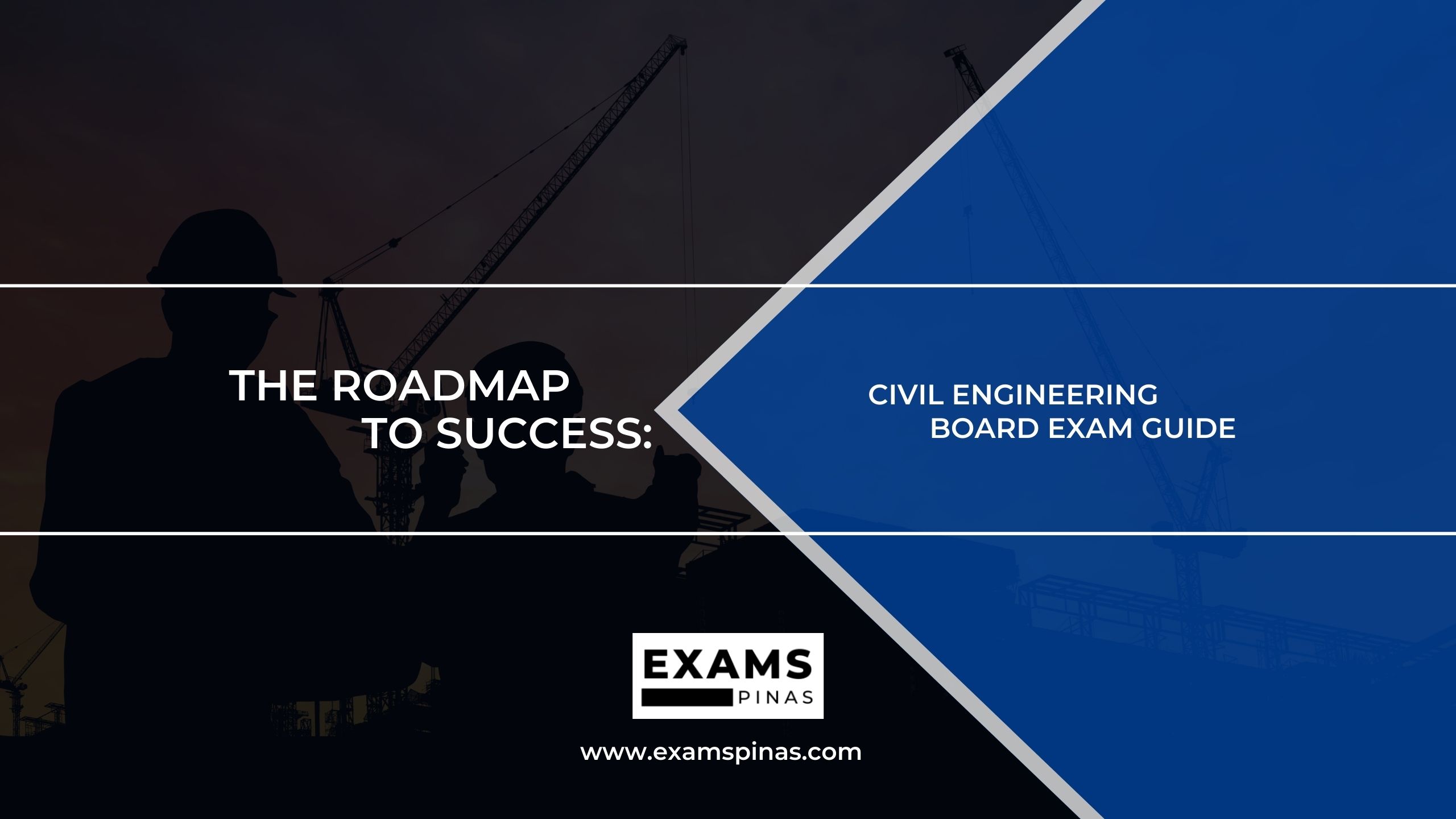When it comes to embarking on a career in civil engineering, obtaining the necessary credentials is the crucial first step. This comprehensive guide is designed to be your beacon of light through the intricate process of preparing for and acing the Civil Engineering Board Exam. From understanding the requirements to mastering the exam coverage, we’ve got you covered.
Meeting the Requirements
Educational Attainment
To be eligible for the Civil Engineering Board Exam, candidates must possess a Bachelor’s Degree in Civil Engineering from a recognized institution. This foundational education ensures that candidates have acquired the requisite knowledge and skills to excel in the field.
Practical Experience
In addition to academic qualifications, candidates must have accumulated a specified number of years of practical experience in the field of civil engineering. This hands-on experience is crucial in honing one’s skills and understanding of real-world applications.
Navigating the Application Process
Application Timeline
The application period for the Civil Engineering Board Exam typically opens several months in advance. It is imperative for candidates to keep track of these dates to ensure timely submission of their applications.
Required Documents
Candidates must prepare a comprehensive set of documents, including but not limited to:
- Transcript of Records
- Certificate of Practical Experience
- Duly accomplished application form
- Valid identification documents
In-Depth Examination Coverage
The Civil Engineering Board Exam encompasses a wide array of subjects, each designed to evaluate the candidate’s proficiency in various facets of civil engineering. The key subjects include:
Structural Engineering
- Structural Analysis
- Includes Statics and Dynamics
- Design of Concrete and Steel Structures
- Covers Beams, Columns, Foundations
- Earthquake Engineering
- Focuses on Seismic Design
- Structural Rehabilitation
- Incorporates Retrofitting Techniques
- Fatigue and Fracture Mechanics
- Studies Material Behavior
- Structural Testing
- Involves Load Testing
- Finite Element Analysis
- Advanced Structural Analysis
- Structural Health Monitoring
Geotechnical Engineering
- Soil Mechanics
- Foundation Engineering
- Slope Stability Analysis
Transportation Engineering
- Highway Design
- Traffic Engineering
- Transportation Planning
Environmental Engineering
- Water Treatment
- Air Pollution Control
- Waste Management
Embarking on the journey towards becoming a licensed civil engineer requires a meticulous approach to meet the stringent requirements, navigate the application process, and master the comprehensive examination coverage. By adhering to these guidelines, aspiring engineers are poised for success in the Civil Engineering Board Exam. Remember, preparation and diligence are the keys to triumph in this esteemed profession. Your success is our ultimate goal!

